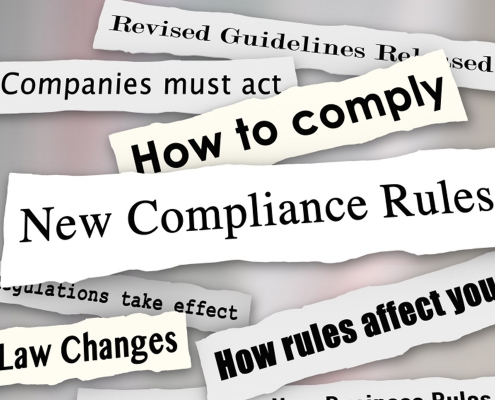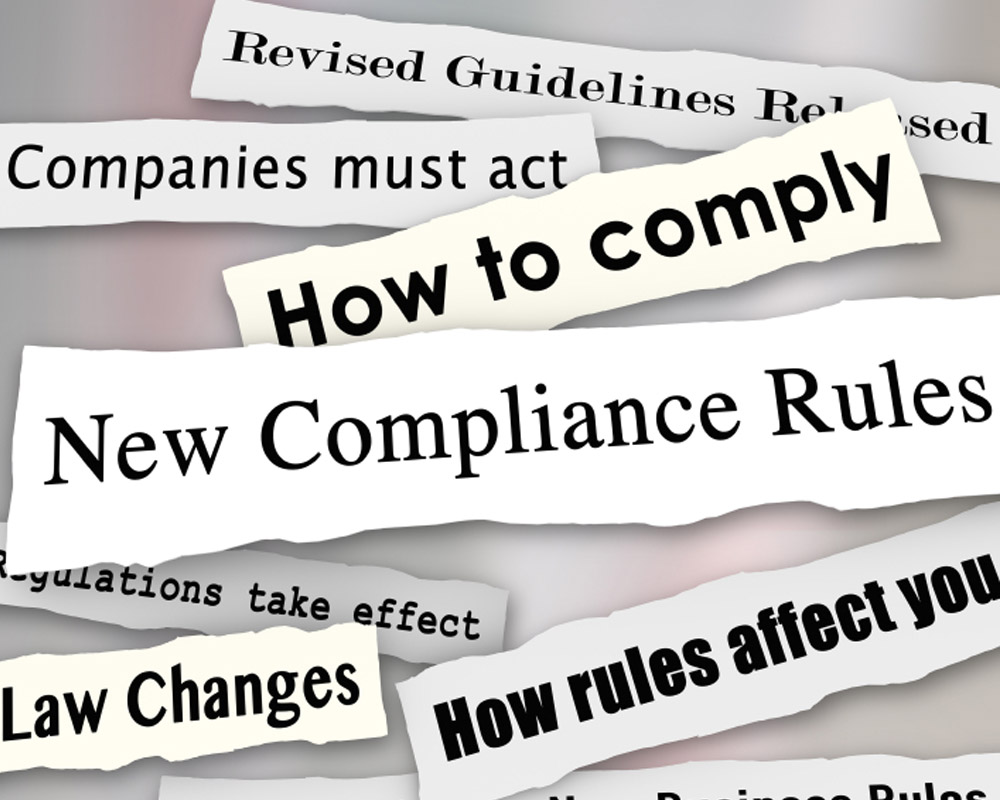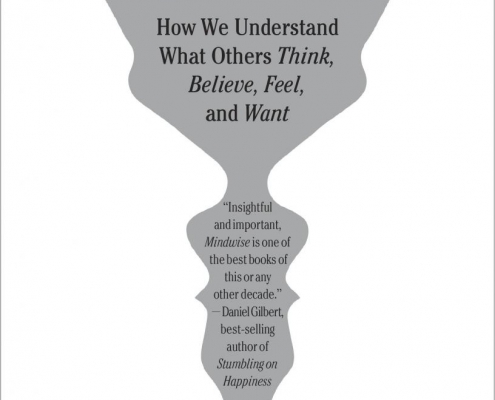Tag Archive for: psychology

Bias Among Choice Architects: On psychology and regulation
Blog In their seminal work on `nudges,’ Cass Sunstein and Richard Thaler have made a tremendously influential contribution to academic policy research and to practical policy. They insightfully describe how to improve people’s saving, consumption, and life choices by improving the `choice architecture’ (the structure and framing) of decision problems. Specifically, the idea is to help people who are subject to psychological bias—i.e., just about everyone—make better choices.
In their seminal work on `nudges,’ Cass Sunstein and Richard Thaler have made a tremendously influential contribution to academic policy research and to practical policy. They insightfully describe how to improve people’s saving, consumption, and life choices by improving the `choice architecture’ (the structure and framing) of decision problems. Specifically, the idea is to help people who are subject to psychological bias—i.e., just about everyone—make better choices.
Sunstein and Thaler emphasize that this can often be achieved without coercion, a policy strategy which they call `libertarian paternalism.’ Over the last decade, Sunstein and Thaler and their followers have devised many ways in which the lives of people can be improved by seemingly modest and non-invasive tweaks in individual choice problems. Just think about whether people would eat as much candy if it were only found in the back of supermarket aisles. It is no accident that it is also prominently displayed at the checkout stand where hungry shoppers must stand around staring at it. Who wouldn’t want an improvement on that choice architecture?

A Tangled Web: The Consequences of Dishonesty
Blog “Oh what a tangled web we weave…”
“Oh what a tangled web we weave…”
We all know that lying can lead to bad consequences for the liar, but what happens to everyone else?
A 2015 article by Scott Wiltermuth, David Newman, and Medha Raj in Current Opinion in Psychology reviews findings that illustrate how dishonesty can yield a host of unexpected consequences, which arise when individuals privilege other values over honesty. Although many people act dishonestly for the sake of material gain, others do so from a desire to maintain a positive self-concept, or even out of compassion.

It’s time for policy makers to enter the 21st century
Blog
Risk assessment: law, economics, morality science…and liquor
Blog
Featured Collaborator of the Month: Nicholas Epley
Blog
